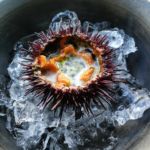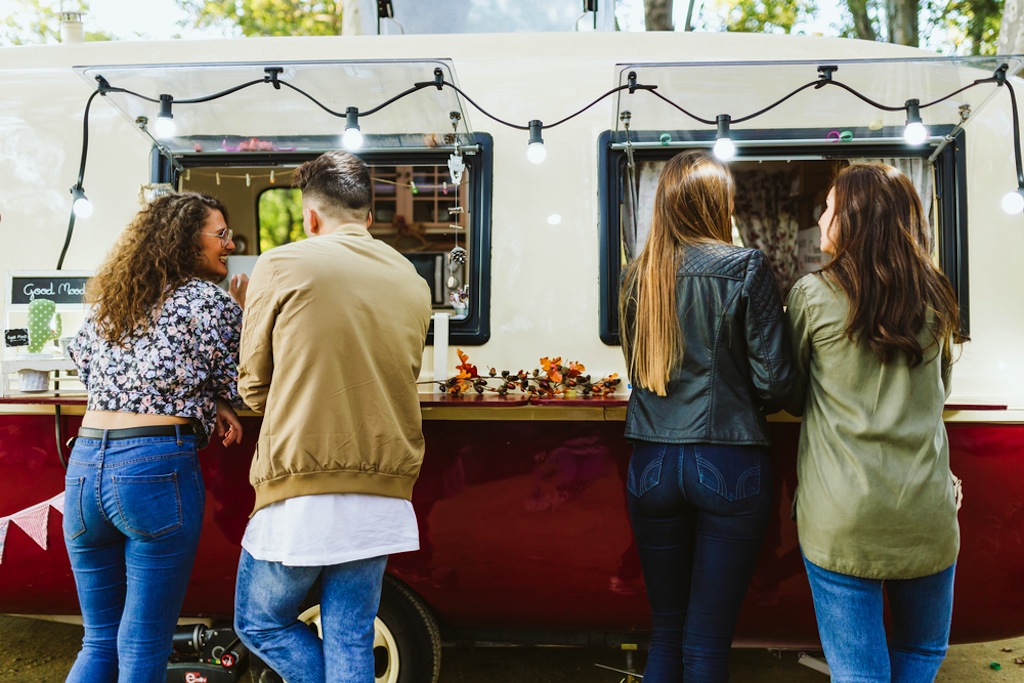J.P. McMahon owns three restaurants in Galway including Aniar which is one of the few Michelin-starred restaurants in Ireland. Here he talks about keeping the star and the quest for perfection.
How did it all begin?
I started cooking when I was 15 years old and I studied home economics in school. I think I chose home economics because I had asthma so it was either that or woodwork. I got my first job immediately after my Junior Certificate working in a kitchen which I really enjoyed. I studied English and art history in college as a mature student and never actually studied culinary arts. I did a PhD in art history and taught the subject for ten years in Cork. My wife and I had always dreamed of opening our own restaurant and we got our first chance with Cava more than ten years ago.
How did you fund and start your business?
We didn’t really know what we were doing when we opened the restaurant or how to run a business. We couldn’t get a bank loan so we had to beg, borrow and steal to gather €80,000. As my wife always says, maybe I am a stubborn self-believer, but we are a bit more cautious now. Even with ‘Food on the Edge’, we started that with no funding and I just invited the chefs to come along. I offered them flights and accommodation to attend the event.
“We didn’t open Aniar to get a Michelin star, we opened it to support Irish produce.”

How did Food on the Edge develop?
It came from travelling. I attended a few chef auditoriums and week-long retreats. I thought to myself that we could do this in Ireland because we have really good produce, once we picked the right time to do it. I had one or two connections and I just started building on them. Sometimes if you wait for the perfect moment to open a business it might never come, a balance needs to be struck between taking a chance and taking a calculated risk.
What happens at the event?
At Food on the Edge, chefs have 15 minutes on stage each and we have up to 400 people in the audience. They talk about the future of food and what they are trying to do to change the food system. The discussions focus on the food system, poverty and sometimes chefs talk about their own restaurant. We try to source our speakers from all over the world and from different areas and backgrounds. Last year we had chefs from Lebanon and Syria.
“Sometimes if you wait for the perfect moment to open a business it might never come, a balance needs to be struck between taking a chance and taking a calculated risk.”
Why did you choose Galway?
I came here in 1999 and I always felt that Galway had a really nice cosmopolitan attitude. It was hard to find a Galway person in Galway, there were always so many other cultures here. The arts played a big role in it and I think there’s a really good culture in the city. We travelled a lot before we opened Cava in 2008 and we just kept coming back to Galway. It just seemed to be the right place.
What challenges do you face owning a Michelin star restaurant?
Cash flow has been the major challenge owning a Michelin star restaurant. You need consistency of product when running a Michelin restaurant. The labour costs of a Michelin star restaurant are huge, whether we are serving one customer or ten customers, we have a fixed cost for the night. Every night in Aniar is like a cup final, you can never afford to lose even one customer. Any person that enters the doors of Aniar could be a Michelin inspector which means you are always being scrutinised. We didn’t open Aniar to get a Michelin star, we opened it to support Irish produce, but if lost the Michelin star it would be catastrophic for the restaurant. It is the constant attention to detail to ensure keeping that Michelin star. You must always try and think outside the box and take chances.
“For me, it is not enough to make a beautiful plate of food, you must tell people about it.”
Is it difficult keeping staff happy?
When you look at France and Italy they have career waiters. These are waiters that work their way up to manager level and that’s their career. We have 45 staff members now and we always encourage our staff to upskill and we’re happy to support them on their journey. We sit down with our staff members every month and talk about any concerns or issues they may have and we’ll always praise them for their hard work.

How do you approach your marketing strategy?
Marketing is really important when running a restaurant. Everything that happens in a restaurant needs to be told. It would be very foolish to think the quality of your food will be enough to build your brand and reputation, you need to market it. For me, it is not enough to make a beautiful plate of food, you must tell people about it. This brings a sense of professionalism around it, this is the downside to social media where everyone feels they can just do it themselves.
Interview by Alice Orange.




